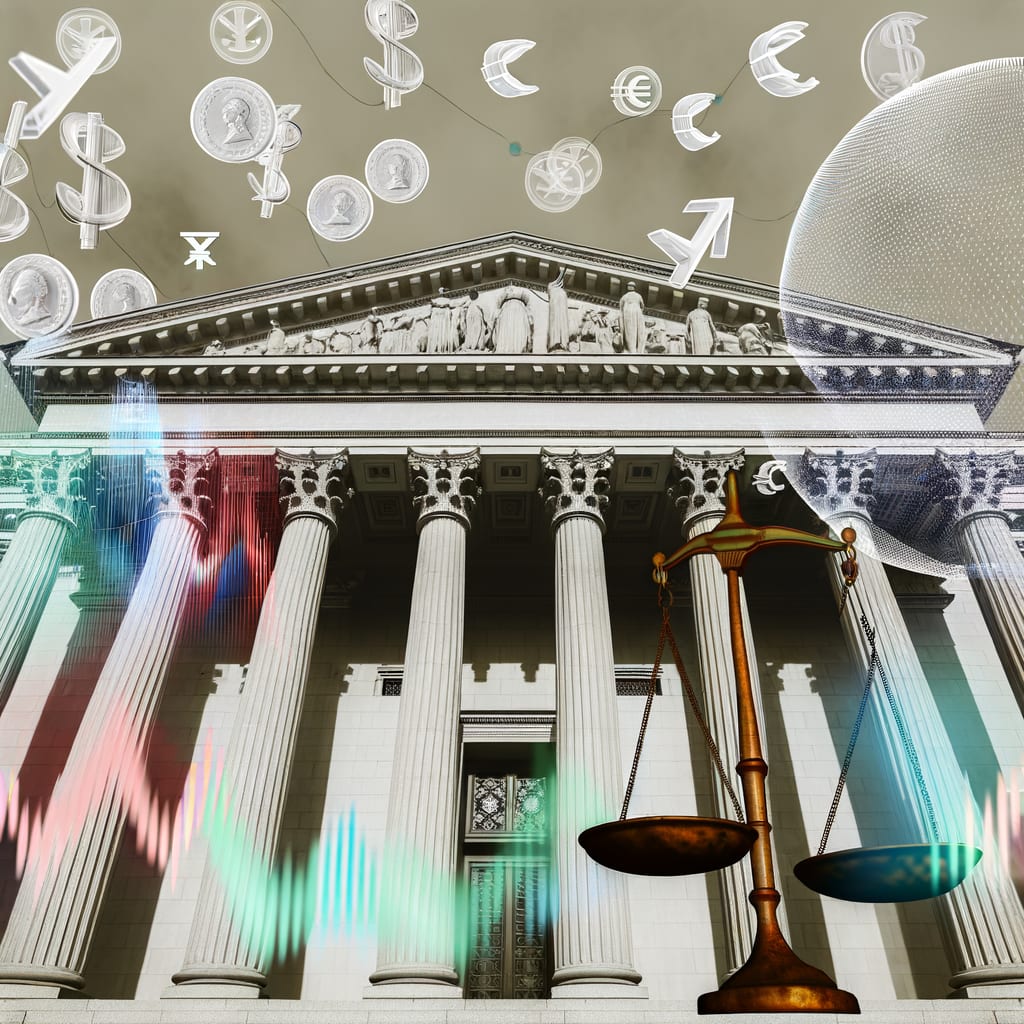US Tariffs: A Test of Powers and Economic Strategy Amid Controversy
In an unprecedented move, the United States administration, under President Donald Trump, has been pushing for tariff changes that have sparked heated debates and legal challenges. The US Supreme Court is set to rule on the legality of Trump's use of an emergency powers law to impose tariffs, a decision that could result in the US paying back $2 trillion to foreign partners if ruled against.
Background
Trump had launched his tariff drive in April, accusing US partners of creating unfair trade imbalances. He described the tariffs as a reciprocal measure to secure better trade terms, invoking the 1977 International Emergency Economic Powers Act (IEEPA) as the legal basis. The act allows the president to regulate or block international trade and financial transactions during a declared national emergency involving foreign threats1.
Key Developments
The legality of Trump's tariffs has been challenged, with lawmakers warning it could harm the domestic economy1. In late summer, a US Court of Appeals ruled against Trump1, a decision the Supreme Court is now considering2.
Simultaneously, Trump proposed a $2,000 tariff dividend for Americans, claiming that the tariffs could finance a windfall for American families34. However, experts have raised doubts about the funding and legal hurdles of this plan3.
Moreover, the US administration demanded Switzerland adopt US sanctions in exchange for reduced tariffs5. A meeting with Swiss business leaders seemed to have unlocked negotiations to reduce tariffs6. Trump also stated that he would lower some tariffs on coffee7.
Implications and Reactions
Trump’s tariff strategy has been described as a national security catastrophe
if ruled illegal1. He warned that the removal of tariffs would cost the US over $3 trillion5 and that the Supreme Court showdown is life or death
for America2. On the other hand, for large Italian companies, America remains a crucial market despite the tariff changes8.
Current Status
The Supreme Court's decision could redefine the meaning of 'tariffs'9 and will determine whether the US will reaffirm its commitment to the rule of law in trade10. As the world watches, the court's ruling on Trump's trade tariffs will undoubtedly impact the US and the global economy3.

